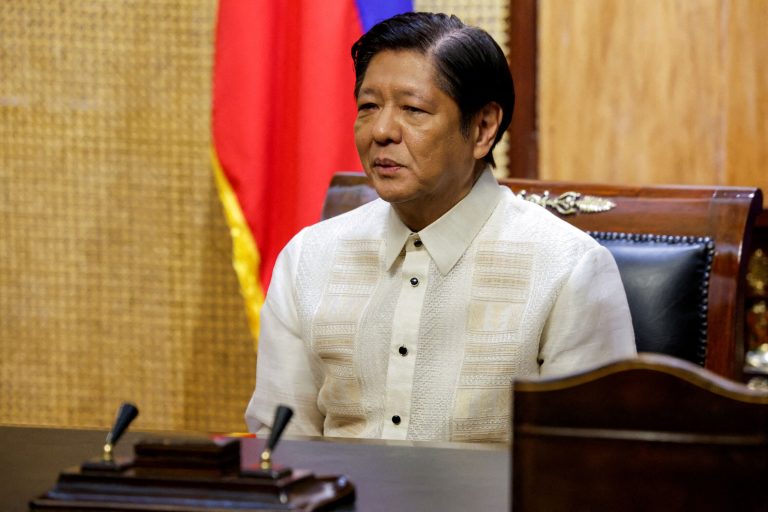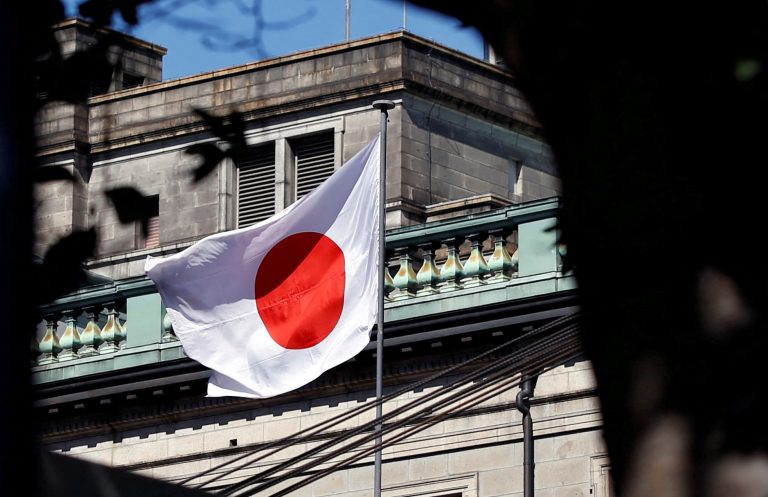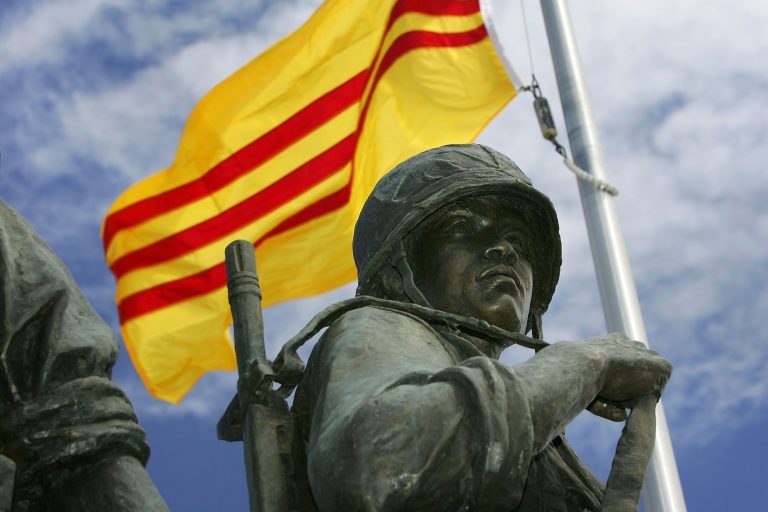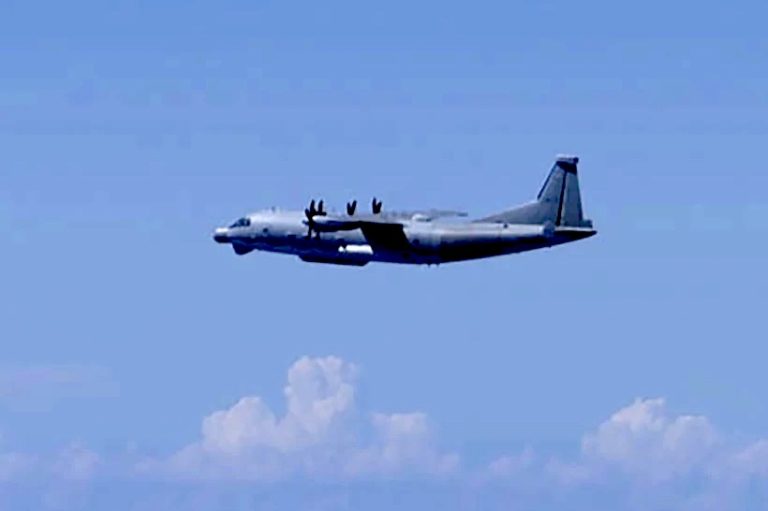The Philippines finalized an “unprecedented” defense pact with Japan on July 9 (Tuesday) that allows each country to deploy military forces on the other’s territory.
The Reciprocal Access Agreement (RAA) is the first of its kind Japan has signed with an Asian nation, and it will ease the movement of equipment and troops and facilitate the military cooperation between Manila and Tokyo.
Philippine Foreign Minister Enrique Manalo told a joint briefing: “The RAA brings our defense partnership to an unprecedented height”, after a “2-plus-2” meeting of both nations’ foreign and defense ministers.
The deal arrives during a time of increasing maritime disputes between Manila and Communist China, with the last incident occurring over the Philippines’ dispatches to resupply troops stationed on the contested Second Thomas Shoal.
“The ministers expressed serious concern over the dangerous and escalatory actions by China at Second Thomas Shoal,” they said in a joint statement after the meeting.
- US, Canada, Japan, Philippines Conduct Military Exercises in South China Sea
- Japan Offers Military Aid to Philippines in Event of Taiwan Conflict
Success
You are now signed up for our newsletter
Success
Check your email to complete sign up
Last month, clashes between the troops of the two navies with sticks and batons led to the injury of a Philippine sailor.
The pact will take effect after being ratified by the parliaments of both countries.
Growing tensions
Beijing claims much of the South China Sea for itself, a gateway for the bulk of northeast Asia’s trade with the world in which Brunei, Malaysia, the Philippines, Taiwan, and Vietnam also have expressed claims.
Japan does not have any claims to the waterway, although it announced last year its biggest military build-up since World War II. It does, however, have a separate maritime dispute with China in the East China Sea.
The Philippines also has a Visiting Forces Agreement with the United States and Australia.
Tokyo hosts the biggest concentration of U.S. forces abroad, and has similar RAA deals with Australia and Britain, and is currently negotiating another one with France.
The Philippines and Japan, two of the United States’ closest Asian allies, have taken a toughening stance against the People’s Republic of China (PRC)’s moves to assert its territorial ambitions — moves backed up by a massive expansion of Beijing’s military forces.
Communist China has also dialed up air and naval maneuvers around Taiwan, an island Beijing claims as part of PRC territory.
During the press briefing, Japanese foreign minister Yoko Kamikawa, warned that Tokyo objects to “unilateral attempts to change the status quo by force and coercion”, reiterating the importance of peace and stability in the Indo-Pacific region.
In response to the signing of the Japan-Philippines pact, a PRC Foreign Ministry spokesperson called upon Japan to “seriously reflect on its history of aggression” during and prior to World War II, as well as to “be cautious in words and deeds in the field of military security.”
Japan conquered much of eastern and southeastern Asia during World War II, including much of China and the entire Philippines. Tens of millions died directly at the hands of the Japanese military or as a result of the occupation.
The Chinese Communist Party (CCP), which seized power in the wake of the chaos caused by the Japanese invasion of China, is estimated to have been responsible for the deaths of at least 80 million people, making it the deadliest regime in history.
Reuters contributed to this report.







